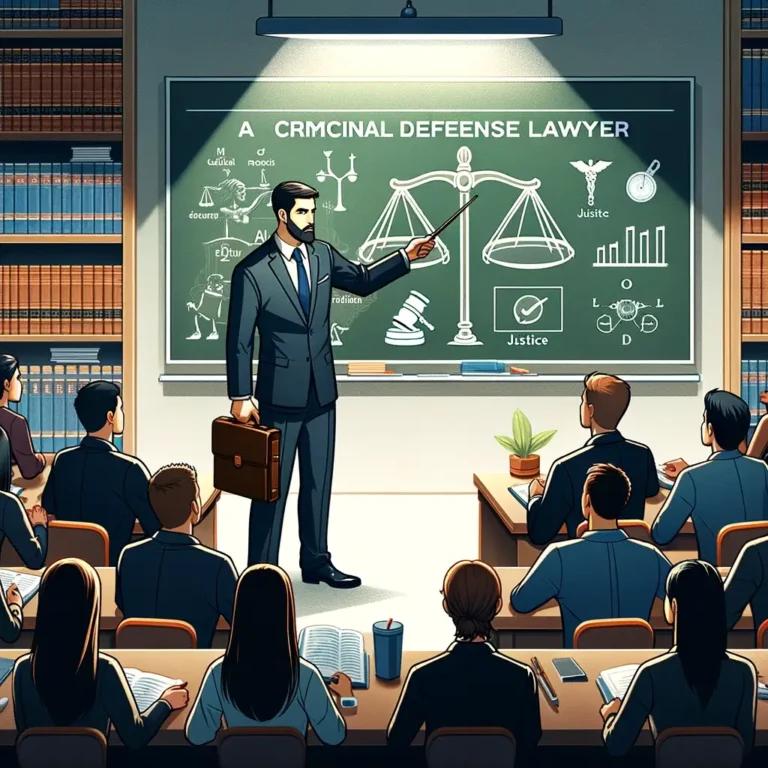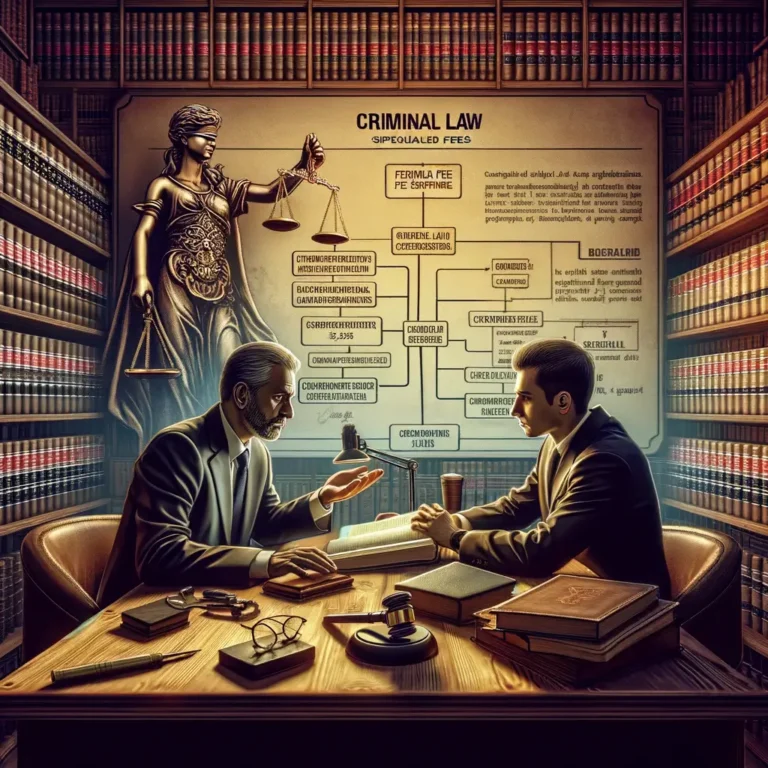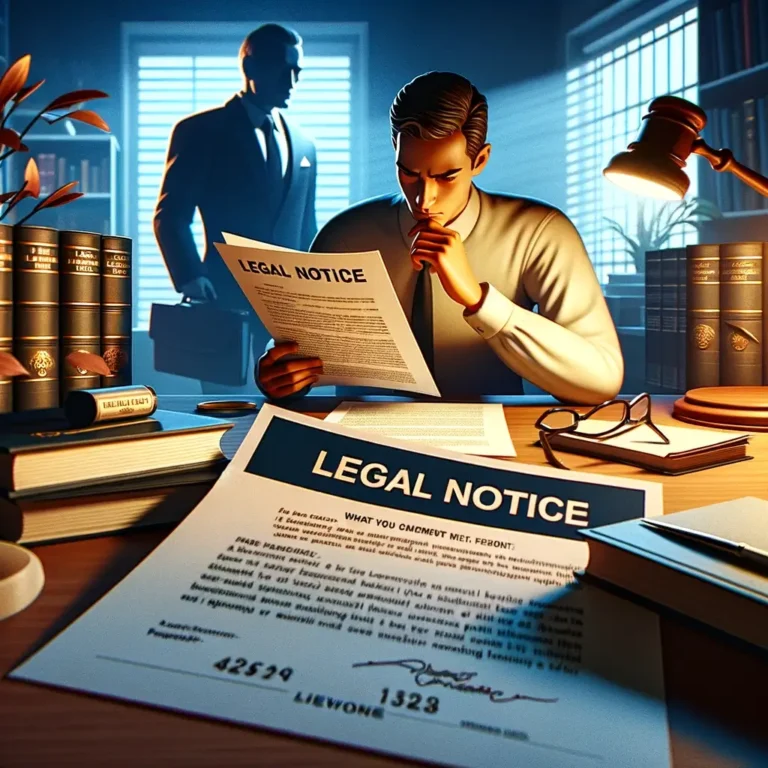In this article we have discussed The Role of a Public Defender vs. Private Attorney
Introduction: Understanding Legal Representation in the Judicial System
In the complex world of the judicial system, legal representation plays a pivotal role in ensuring justice and fairness. The choice between a public defender and a private attorney is a crucial decision for individuals facing legal challenges. This article delves into the nuanced differences, responsibilities, and impacts of public defenders and private attorneys, offering a detailed analysis for those seeking to understand the legal landscape.
The Role of a Public Defender vs. Private Attorney: An Analytical Perspective
The Public Defender: Ensuring Access to Justice
The Mission of Public Defenders
Public defenders are court-appointed attorneys, primarily tasked with providing legal representation to individuals who cannot afford private counsel. Their mission is rooted in the principle of equal justice, a cornerstone of the legal system. Public defenders are often employed by the government and are integral to upholding the constitutional right to a fair trial.
Challenges Faced by Public Defenders
Despite their critical role, public defenders face significant challenges. These include heavy caseloads, limited resources, and the daunting task of navigating complex legal systems. Such challenges can impact the quality of representation, making it essential to understand the constraints under which public defenders operate.
The Private Attorney: Tailored Legal Expertise
The Advantages of Private Legal Representation
In contrast to public defenders, private attorneys offer personalized legal services, often specializing in specific areas of law. Clients of private attorneys benefit from dedicated time, resources, and a tailored approach to their legal matters. This level of customization can lead to more thorough preparation and potentially more favorable outcomes in legal proceedings.
Cost and Accessibility Considerations
However, the services of private attorneys come with a cost, often making them less accessible to individuals with limited financial means. The decision to hire a private attorney requires careful consideration of one’s financial situation and the complexity of the legal issue at hand.
Comparative Analysis: Public Defenders vs. Private Attorneys
Effectiveness in Legal Representation
Research and data-driven analysis provide insights into the effectiveness of both public defenders and private attorneys. Studies have shown varying outcomes, with some suggesting comparable success rates, while others highlight differences in case resolutions and sentencing. These findings underscore the importance of considering individual case circumstances when evaluating legal representation options.
Impact on Legal Outcomes
The impact of the type of legal representation on case outcomes is a subject of ongoing research. Factors such as the nature of the legal issue, the defendant’s background, and the jurisdiction’s legal infrastructure all play a role in determining the effectiveness of public defenders versus private attorneys.
Making an Informed Decision: Choosing the Right Legal Representation
Assessing Your Legal Needs and Resources
When facing legal challenges, assessing one’s needs and resources is crucial. This involves considering the complexity of the case, the potential consequences, and one’s financial capacity. Seeking advice from legal experts or conducting thorough research can aid in making an informed decision.
The Importance of Quality Representation
Regardless of the choice between a public defender and a private attorney, the importance of quality legal representation cannot be overstated. It is the cornerstone of a fair trial and a just legal outcome. Individuals must weigh their options carefully, keeping in mind their legal rights and the potential impact of their decision on their future.
You can also read :-How to Choose Right Lawyer as per you needs
Conclusion: Navigating the Legal System with the Right Representation
In conclusion, the choice between a public defender and a private attorney is a significant one, with implications for the course and outcome of legal proceedings. By understanding the roles, challenges, and advantages of each option, individuals can make more informed decisions, ensuring their rights are protected and their voices heard in the judicial system.
Frequently Asked Questions (FAQs) on The Role of a Public Defender vs. Private Attorney
- What is a public defender?
A public defender is a lawyer appointed by the court to represent defendants who cannot afford to hire a private attorney. - How does one qualify for a public defender?
Qualification for a public defender usually depends on income level and financial status, which is assessed by the court. - What is the main difference between a public defender and a private attorney?
The primary difference lies in employment; public defenders are appointed by the government, while private attorneys are independently hired by clients. - Do public defenders handle all types of cases?
Public defenders typically handle criminal cases, but their specific case types can vary based on jurisdiction and resources. - Can I choose my public defender?
Generally, defendants cannot choose their public defender as they are assigned by the court. - Are public defenders less capable than private attorneys?
Not necessarily. Public defenders are often highly skilled but may be limited by heavy caseloads and fewer resources. - How much does a private attorney cost?
The cost varies greatly depending on the case complexity, attorney’s experience, and geographical location. - Can I switch from a public defender to a private attorney?
Yes, defendants can usually switch to a private attorney if they can afford one and inform the court accordingly. - Do private attorneys provide better outcomes than public defenders?
Outcomes depend on many factors, including the case’s specifics and the attorney’s expertise, not just on whether the attorney is public or private. - What should I consider when hiring a private attorney?
Consider the attorney’s experience, specialization, fees, and your comfort level with them. - Are there any advantages to using a public defender?
Yes, public defenders are often very familiar with the local court system and judges, which can be advantageous. - How do I communicate with a public defender?
Communication methods vary, but typically through office visits, phone calls, and court appearances. - Can a public defender refuse my case?
Only under certain circumstances, such as a conflict of interest or if the defendant’s income is too high. - Do private attorneys handle pro bono (free) cases? Some do, often as part of their firm’s commitment to community service or through legal aid societies.
- How do I know if a private attorney is right for my case?
Research their background, ask for client testimonials, and consider their expertise in relation to your specific legal needs. - What if I’m not satisfied with my public defender?
You can request a new one from the court, but the decision is at the court’s discretion. - Can public defenders negotiate plea bargains?
Yes, like private attorneys, they can negotiate plea deals on behalf of their clients. - How are public defenders assigned to cases?
Assignment is typically based on rotation or case type specialization within the public defender’s office. - Do private attorneys typically have fewer clients than public defenders?
Generally, yes, which often allows them more time to dedicate to each case. - Can I represent myself instead of using a public defender or private attorney?
Yes, you have the right to self-representation, but it’s generally not advised due to the complexities of the legal system. - What are the educational requirements for public defenders and private attorneys?
Both must have a law degree and pass their state’s bar examination. - Are there situations where a private attorney is more appropriate than a public defender?
Yes, especially in complex cases or specialized areas of law where specific expertise is beneficial. - How long does a public defender stay with a case?
A public defender stays with a case until it is closed, unless removed by the court or if the defendant hires a private attorney. - Can public defenders handle appeals?
Yes, they can handle appeals, but some offices have specialized appellate divisions. - Do public defenders work alone or in teams?
This varies by office; some work individually while others work in teams, especially on complex cases. - How can I find a reputable private attorney?
Look for referrals, check online reviews, and consult local bar associations. - What if I can’t afford a private attorney but don’t qualify for a public defender?
Consider seeking help from legal aid organizations or attorneys offering sliding scale fees based on income. - Are there any biases in the court system against public defenders?
While perceptions vary, the professionalism and dedication of public defenders are generally well-respected in the legal community. - How often will I meet with my public defender?
This depends on the complexity of the case and the public defender’s caseload. - What’s the best way to work effectively with my attorney, whether public or private?
Be honest, responsive, and cooperative with your attorney, and ensure you understand and participate actively in your defense.
















